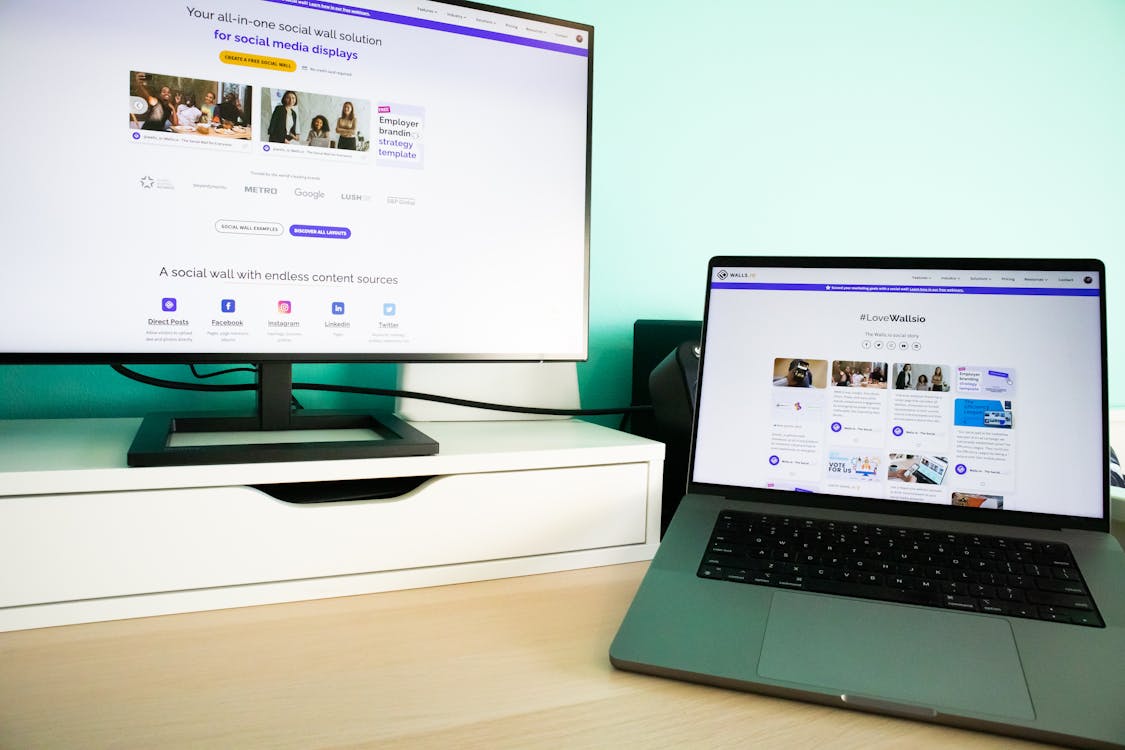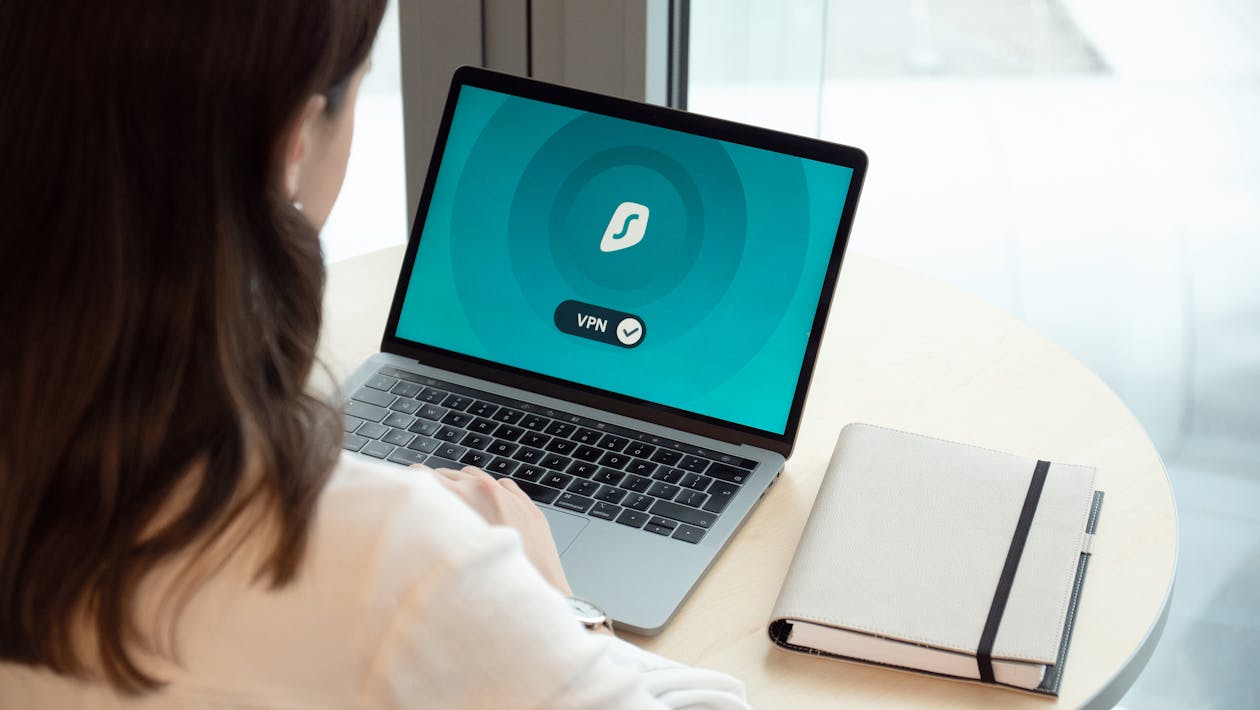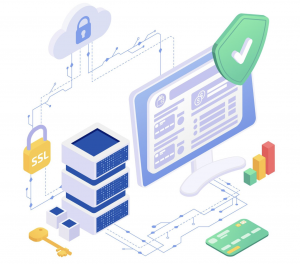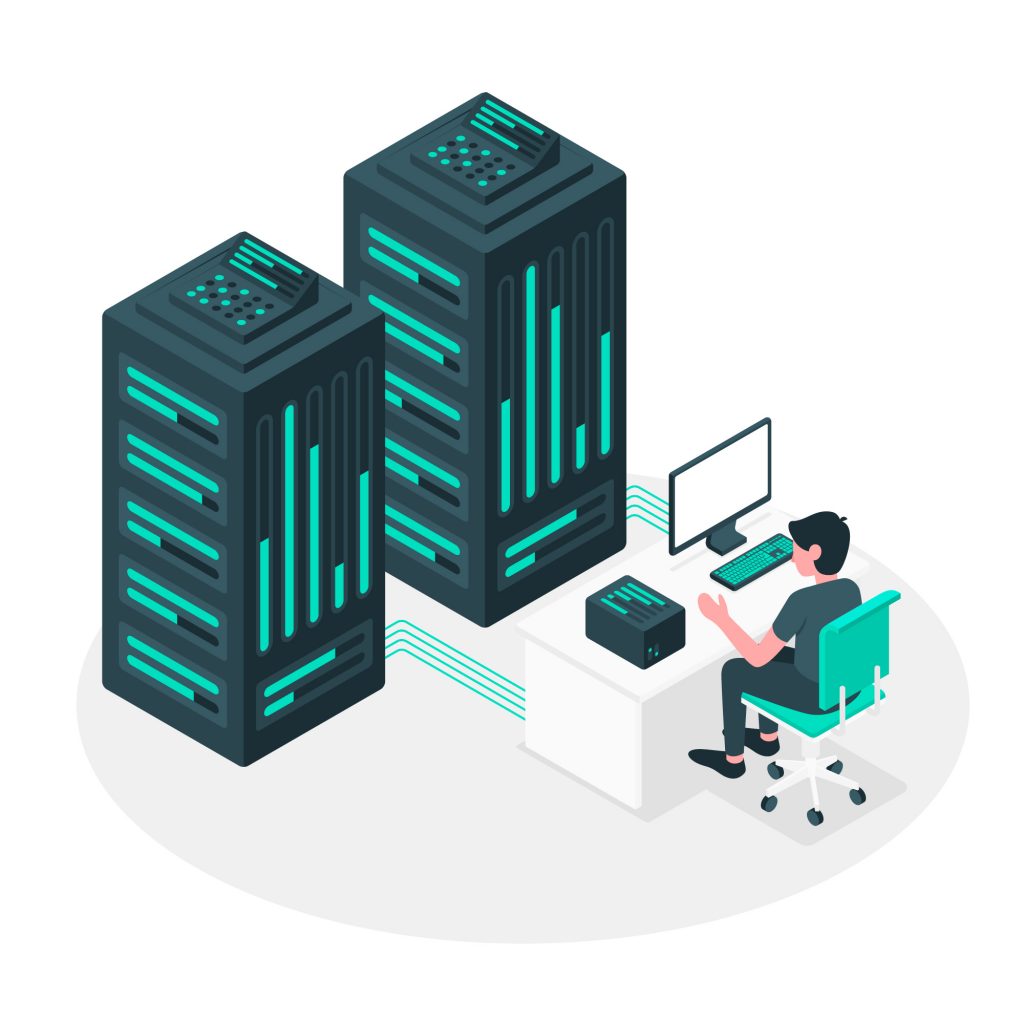If you are looking for more power, control, and flexibility for your online projects, you might want to consider using a dedicated server. A dedicated server is a type of hosting service that gives you exclusive access to a physical server and its resources.
Dedicated server hosting is a popular choice among online businesses and developers who require high levels of power, reliability, and scalability. In fact, it holds the second-biggest share of the market with 27.9% market shares.
But what are the benefits of using a dedicated server? And how can you make the most of it?
In this blog post, we will explore 10 ways to use a dedicated server for various purposes. Let’s dive in!
What is a Dedicated Server?
A dedicated server is a physical server that is rented or purchased by a single client. Unlike shared hosting or cloud hosting, where you share the server resources with other users, a dedicated server gives you full control and access to the server.
You can choose the hardware, software, and configuration of the server according to your needs and preferences.
Why Do You Need a Dedicated Server for Your Business?
A dedicated server is not for everyone. It is more expensive and complex than other hosting options. However, if you have a large or growing business that requires high performance, security, and flexibility, a dedicated server can be a worthwhile investment.
Here are some reasons why you might need a dedicated server for your business:
- You have a high-traffic website or application that needs fast and consistent loading times.
- You have a complex or custom website or application that needs specific hardware or software requirements.
- You have sensitive or confidential data that needs to be protected from unauthorized access or breaches.
- You want to have full control and customization over your server environment and settings.
- You want to have better stability and availability for your website and application.
If any of these scenarios apply to you, then a dedicated server can be the best option for your business.
1. Host Multiple Websites
One of the most common ways to use a dedicated server is to host multiple websites on it. If you have several websites or domains, you can save money and hassle by hosting them all on a single dedicated server.
Create separate cPanel accounts for each website and manage them easily from one dashboard. Hosting multiple websites on a dedicated server can also improve your SEO, as you can avoid the negative effects of sharing an IP address with other websites.
2. Run a Gaming Server
Whether you want to host a private server for your friends or a public server for a larger community, a dedicated server can provide you with the performance, reliability, and customization you need.
Choose the game, the rules, the mods, and the plugins you want, and enjoy a lag-free and immersive gaming experience. You can also monetize your gaming server by selling in-game items, subscriptions, or donations.
3. Stream Media Content
You can use a dedicated server to create your streaming platform or to enhance your existing streaming service. It can offer you the bandwidth, storage, and processing power you need to deliver high-quality and uninterrupted media content to your audience.
You can also encode, transcode, or compress your media files and optimize them for different devices and formats.
4. Backup and Store Data
Using a dedicated server can help store your important files, such as documents, images, videos, databases, or emails, and access them anytime and anywhere. Also, you can back up your data regularly and restore it in case of any disaster or data loss.
A dedicated server can offer you the security, privacy, and redundancy you need to protect your data from hackers, viruses, or hardware failures.
5. Run a VPN Service
A dedicated server can also run a VPN service, which is a network that encrypts and secures your internet traffic. A VPN service can help you protect your online privacy, bypass geo-restrictions, access blocked websites, and avoid ISP throttling.
You can use a dedicated server to create your own VPN service or to enhance your existing VPN service.
6. Host an Email Server
An email server handles the sending and receiving of emails. Hosting an email server on a dedicated server can give you more control and customization over your email service.
You can create your email addresses, domains, and aliases and manage them easily from one dashboard. You can also configure your email server to suit your preferences, such as spam filtering, encryption, authentication, or forwarding.
7. Host a Database Server
Using a dedicated server to host your database brings several benefits. With exclusive access to resources, dedicated servers ensure faster data processing.
Additionally, you gain better control over security measures and the ability to scale as needed. You have the freedom to select the database software—like MySQL, PostgreSQL, or MongoDB—and customize the size, structure, and schema to suit your needs.
Moreover, you can optimize your database server for quicker queries, backups, and restores, ensuring smooth operation and efficiency for your website or application.
8. Host a Development Server
A dedicated server can serve as a development platform, enabling you to test and debug your website or application before releasing it to the public. By hosting a development server on a dedicated setup, you mitigate the risks and expenses associated with testing on a live server.
This setup allows you to create a duplicate of your production environment, ensuring thorough testing for functionality, compatibility, performance, and security.
9. Host a Machine Learning Server
Employ artificial intelligence for tasks like data analysis, image recognition, language processing, and recommendation systems using a dedicated server.
By hosting a machine learning server on a dedicated server, you can tap into the potential of machine learning for your business. You’ll be able to train, test, and deploy your machine learning models using the dedicated resources, enhancing your products, services, or processes.
10. Host a Web Application Firewall
A dedicated server is a powerful tool for safeguarding your website or application from cyber threats like SQL injection, cross-site scripting, or denial-of-service attacks. By hosting a web application firewall on a dedicated server, you can fortify your online presence against hackers, bots, and spammers.
With a dedicated server, you have the flexibility to easily install, configure, and monitor your web application firewall. This allows you to identify and block any suspicious or harmful traffic swiftly.
Conclusion
Using a dedicated server can significantly enhance your business operations, bolstering performance, security, and scalability. The versatility of a dedicated server opens up numerous possibilities tailored to your specific goals and preferences.
A dedicated server is the ideal solution if you aim to:
- Host a website
- Operate a gaming server
- Stream media content
- Backup and store data
- Run a VPN service
- Host an email server
- Manage a database server
- Facilitate a development environment
- Set up a machine-learning server
- Implement a web application firewall
And speaking of dedicated servers, consider exploring Digital Pacific—a reliable provider of domain names, hosting, and servers in Australia. With their robust infrastructure and commitment to quality, they offer tailored solutions for your website needs.
Whether you’re a small business or a large enterprise, Digital Pacific has you covered. Contact Digital Pacific today to learn more and take your digital presence to the next level!














